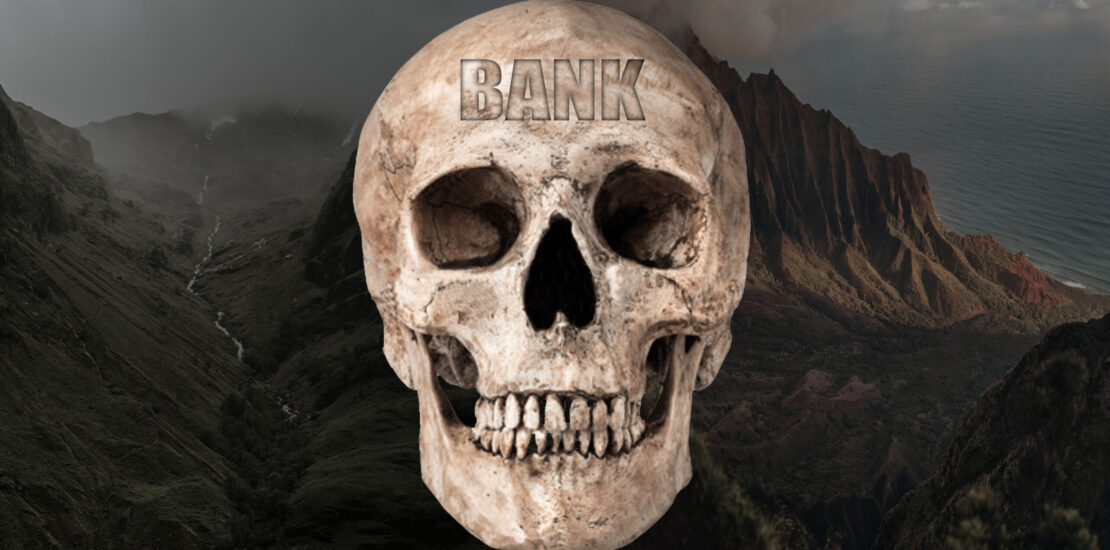- 6 agosto, 2020
- Posted by: Armando Nuricumbo
- Categoría: Economics

A bank is a place where they lend you an umbrella when the weather is nice and ask for it again when it starts to rain
Robert Frost
The global financial sector is preparing to experience one of the most important crises in its history, which in some respects may be worse than the 2008 financial crisis.
Companies in the financial sector will face a “double valley of death” in the coming months: On one hand, they will see a strong deterioration of credit portfolios due to the economic impact of the pandemic on their clients, while on the other, they will suffer a significant reduction in income due to lower interest rates (Central Banks have entered an important process to decrease rates globally) and also as a result of the economic crisis that will lead to bankruptcy for many companies. This double effect will put strong pressure on the financial results of banks in all countries and, in some extreme cases, could lead to bankruptcies of very important institutions, especially those companies that cannot quickly right-size their cost base.
According to S&P, losses in global banks could reach one trillion dollars by 2021. Of this amount, $ 400 billion dollars would come from Chinese institutions, while $ 360 billion dollars would come from banks in North America and Western Europe. The impact of the pandemic on the banking sector is already starting to become visible in reports for the second quarter of 2020: Wells Fargo reported a net loss of $ 2.38 billion. Bank of America posted a profit that was about half of what it made a year ago and warned that it was preparing reserves to deal with substantial credit losses. BBVA México reported a 28.9% decrease in profits derived from an increase in reserves of 7,632 million pesos as well as lower transactions in the use of credit cards. HSBC, one of the most global and diversified banks in the world, reported a 65% drop in its results.
According to the Follow-up Survey on the Effects of COVID-19 on the Well-being of Mexican Homes, carried out by the Research Institute for Development with Equity of the Iberoamericana University (IBERO), 17.7% of Mexicans have chosen not to pay their debts, especially credit card debt, given the economic situation caused by the coronavirus. The key to overcoming this crisis will be to have some good news regarding the medical treatment of the disease, so that people can resume activities with greater confidence and security. Without this factor, it will be very difficult for the level of economic activity to recover, no matter how low interest rates may be.
A big difference in relation to the 2008 crisis is that banks are now part of the solution and not part of the problem. In the case of Mexico, the crisis finds a strong, modern, and well-capitalized financial sector. However, the size of the economic downfall in Mexico and globally is unprecedented. It is a crisis that could go from health crisis to economic crisis, and then to financial crisis, faster than we imagine, and that could generate systemic risks in ways that are still difficult to predict.
